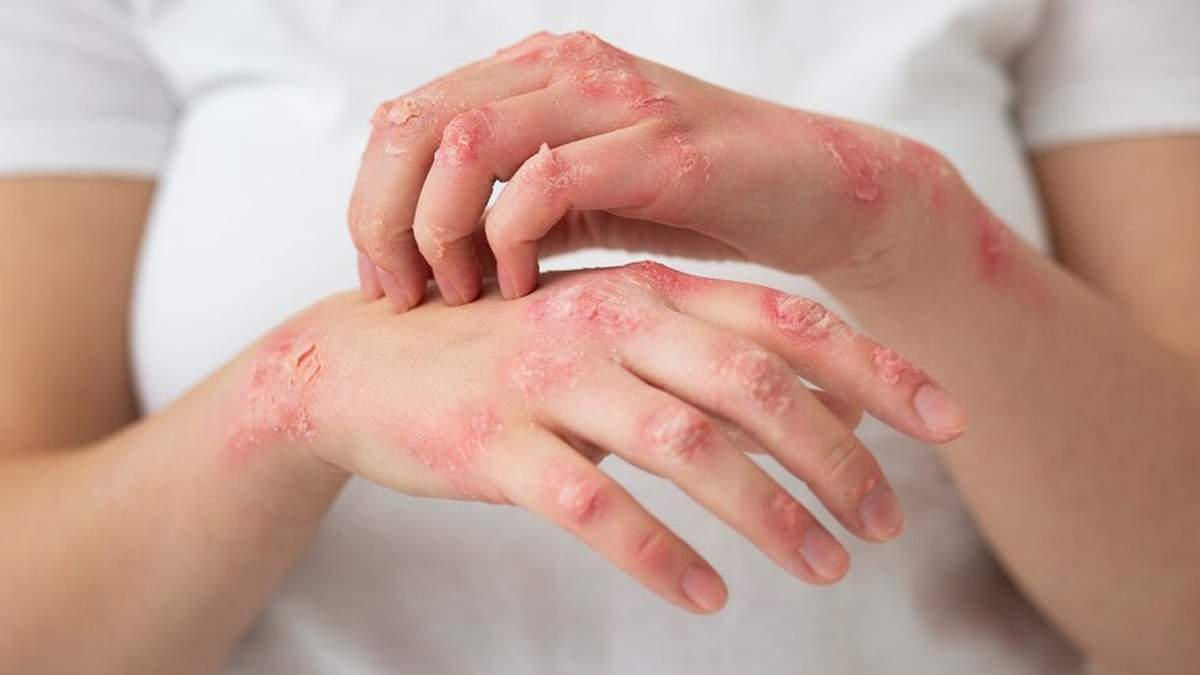Syphilis: A Comprehensive Guide to Symptoms, Treatment, and Prevention

The number of sexually transmitted infections (STIs) is increasing in some parts of the world. In the US in particular, syphilis, an infection caused by a bacterium called Treponema pallidum, has been wreaking havoc for the past few years. Preliminary reports from the US Centers for Disease Control and Prevention (CDC) published in September 2023 show a 26% increase in syphilis cases from 2020-2021. In addition, congenital syphilis, which is passed from mother to fetus in utero, is the most tragic consequence of the overall syphilis epidemic, with a 464% increase in cases since 2001.

Syphilis transmission
There are many ways syphilis is spread. Dr. Gangopadhyay says the most common is through sexual contact (vaginal, anal, or oral sex) with an infected lesion, blood transfusion, or from a pregnant woman to her fetus, also known as congenital syphilis.
Syphilis stages and symptoms to note
According to the CDC, syphilis has four stages, and each stage has different signs and symptoms. This includes:
Primary syphilis
This stage begins with the appearance of painless sores or ulcers called 'chancre' at the site of infection, often in the genital, anus or mouth areas. Chancres last 3-6 weeks and can be easily treated and cured with medication.
Secondary syphilis
If left untreated, syphilis can progress to secondary stages, which include a wide range of symptoms including skin rashes, mucous membrane lesions, fever, swollen lymph nodes, and flu-like symptoms. These symptoms reappear within weeks or months.
latent syphilis
The third stage is the latent or hidden stage where there are no noticeable symptoms. This stage can last for years, and the infection remains in the body.
Tertiary syphilis
In some cases, syphilis can progress to tertiary syphilis, which can be life-threatening. It can affect the heart, brain, nerves and other organs, leading to serious health complications.
Is it curable?
Syphilis is curable. In fact, according to the WHO it is one of the four curable STIs. Others include chlamydia, gonorrhea, and trichomoniasis.
Dr. “It can be effectively treated with antibiotics,” says Gangopadhyay. However, treatment is most successful in the early stages of infection."
"It's important to get tested and seek medical care if you suspect or have been exposed to syphilis to prevent complications and further transmission," she adds.

Treatment and prevention
It is important to remember that early syphilis can be cured with injections of long-acting benzathine penicillin G. These include latent, primary and secondary syphilis, the doctor explains.
Treatment will cure the infection and prevent further damage; It cannot reverse any damage already done, she noted, adding that "an appropriate penicillin preparation must be used for effective treatment and cure of syphilis."
